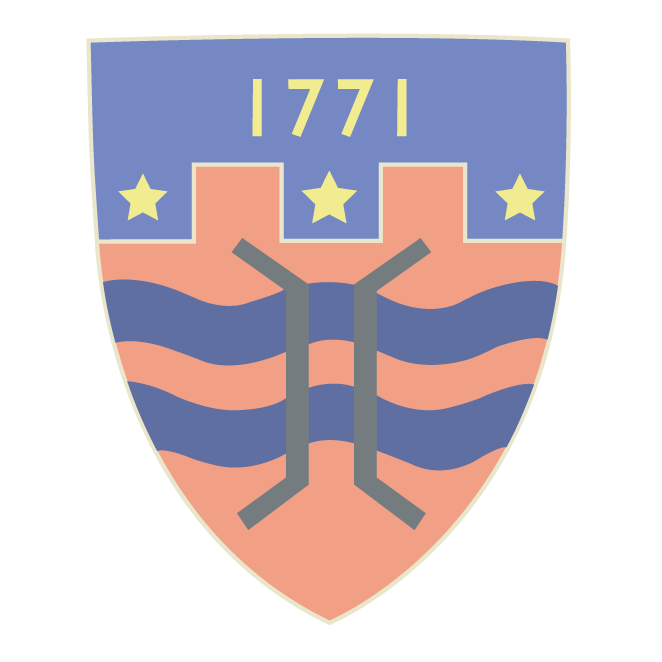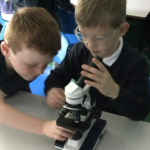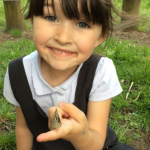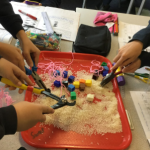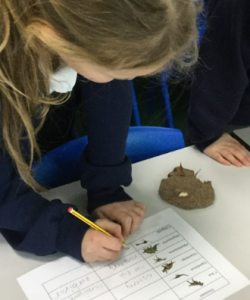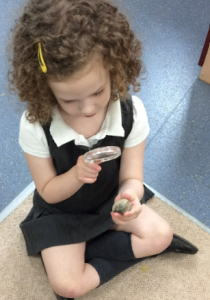“Science and everyday life cannot and should not be separated.” – Rosalind Franklin
Statement of Intent
At St Oswald’s we believe that students deserve a broad and ambitious Science curriculum, rich in skills and knowledge, which ignites curiosity and prepares all children well for future learning and aspiring employment. The scientific area of learning is concerned with increasing pupils’ substantive knowledge and understanding of our world, and with developing skills associated with science as a process of enquiry. It will develop the natural curiosity, disciplinary knowledge and compassion of every child, and encourage a respectful attitude for living organisms and the physical environment.
The National Curriculum will provide a structure and skill development for the science curriculum being taught throughout the school, which is linked to the topics taught in each phase. Each phase follows a progression of skills for Science, ensuring complete subject coverage within a creative scheme of work, reflecting a balanced programme of study. This also ensures that the teaching of science follows a clear sequence which in turn ensures that there is clear progression.
At St Oswald’s, additional opportunities are provided in science with visiting scientists, maintenance of the school garden, educational visits linked to the science curriculum and visiting animal groups, exploration of and activities in the wildlife area and Forest Schools. Every child in the school will be involved in activities in British Science Week, and STEM days, encouraging them to see connections between subject areas and understand the implications of science today and for the future.
Implementation
Teachers create a positive attitude to science learning within their classrooms and reinforce an expectation that all children are capable of achieving high standards in science. Each classroom will have a display board dedicated to the area of science they are studying that half term, with key vocabulary, challenges, examples of children’s work and a clear indication of what method of scientific enquiry is being used. Over the course of an academic year, children will carry out investigations which involve the five different types of enquiry approaches.
Through our planning, we involve problem solving opportunities that allow children to find out for themselves. Children are encouraged to ask their own questions and be given opportunities to use their scientific skills and research to discover the answers. This curiosity is encouraged and celebrated within the classroom. Teachers use precise questioning in class to test conceptual knowledge and skills and use regular formative assessments to identify gaps in learning, ensuring all children are given the opportunity to flourish.
We build upon the learning and skill development of the previous years through the progression of skills. As the children’s knowledge and understanding increases, and they become more proficient in selecting, using scientific equipment, collating and interpreting results, they become increasingly confident in their growing ability to come to conclusions based on real evidence.
New vocabulary and challenging concepts are introduced through direct teaching. This is developed through the years, in-keeping with the topics. Teachers demonstrate how to use scientific equipment, and create opportunities to develop children’s understanding of their surroundings by accessing outdoor learning and workshops with experts.
Impact
All children at St Oswald’s should be able to access high quality science lessons and make measurable progress, regardless of their abilities in other subject areas. Pupils who find reading and writing very challenging still have the opportunity to excel in Science by demonstrating their inquisitiveness, curiosity and determination to find solutions and explanations. Alternative recording methods should enable the science curriculum to be accessible to all children.
Science lessons at St Oswald’s should provide all pupils with a safe environment in which to make mistakes and build confidence and enquiring minds.
We endeavour to ensure that the science curriculum we provide will give all children the confidence and motivation to continue to further develop their skills into the next stage of their education and life experiences.
Inclusive science teaching empowers all children to be prepared for the future with sound knowledge and critical thinking, allowing them to make well informed decisions and understand and care about the choices of others.
